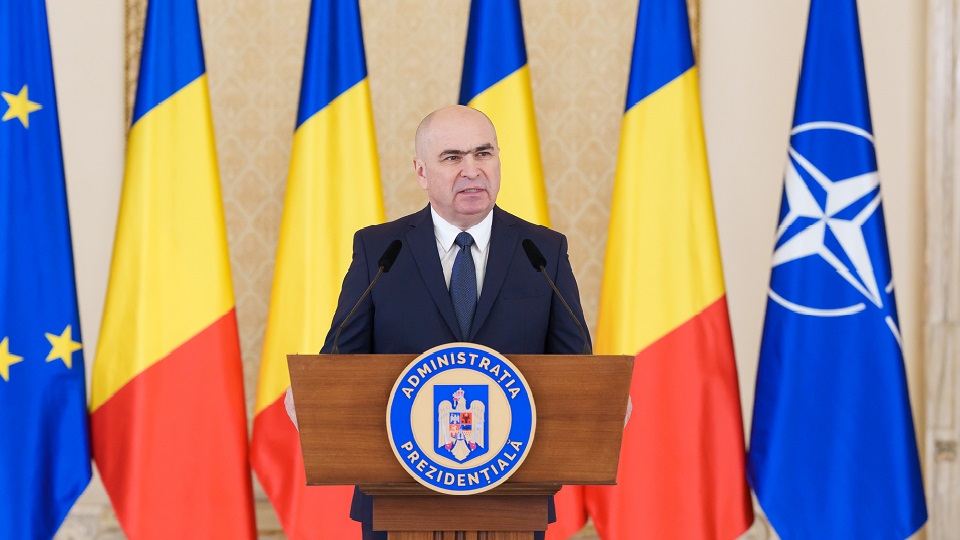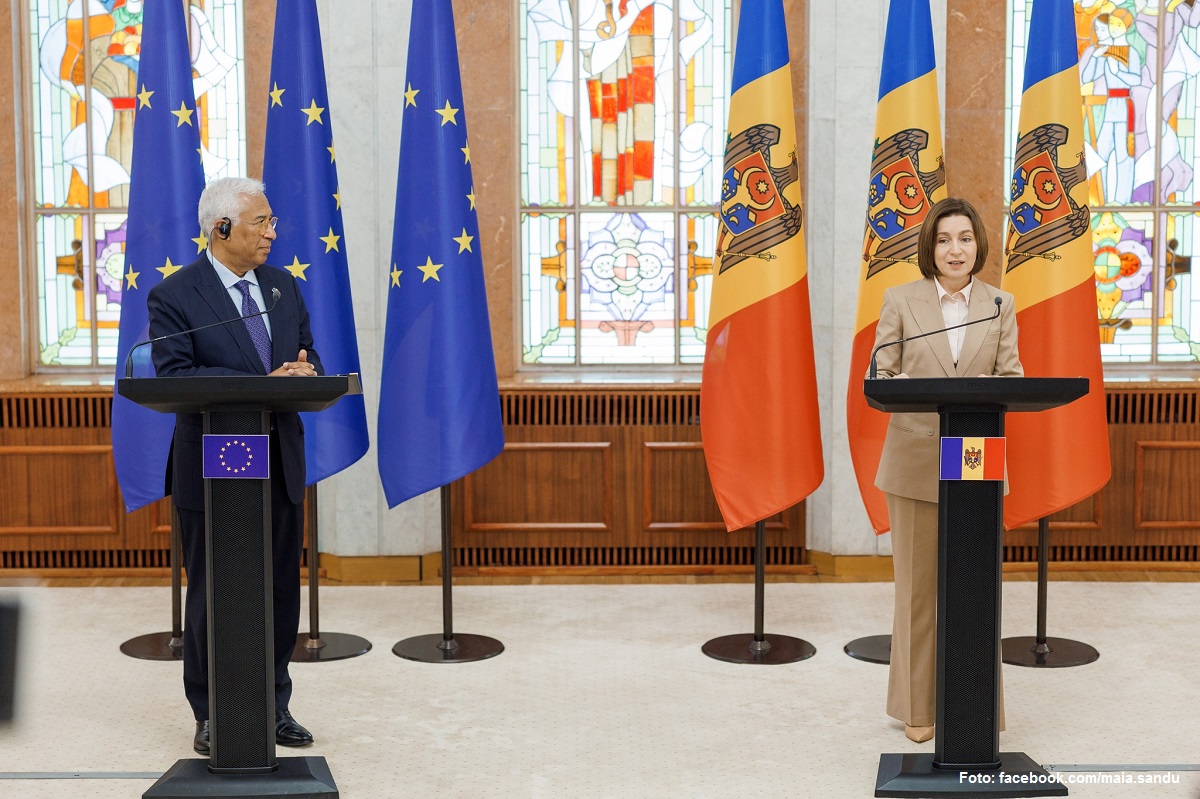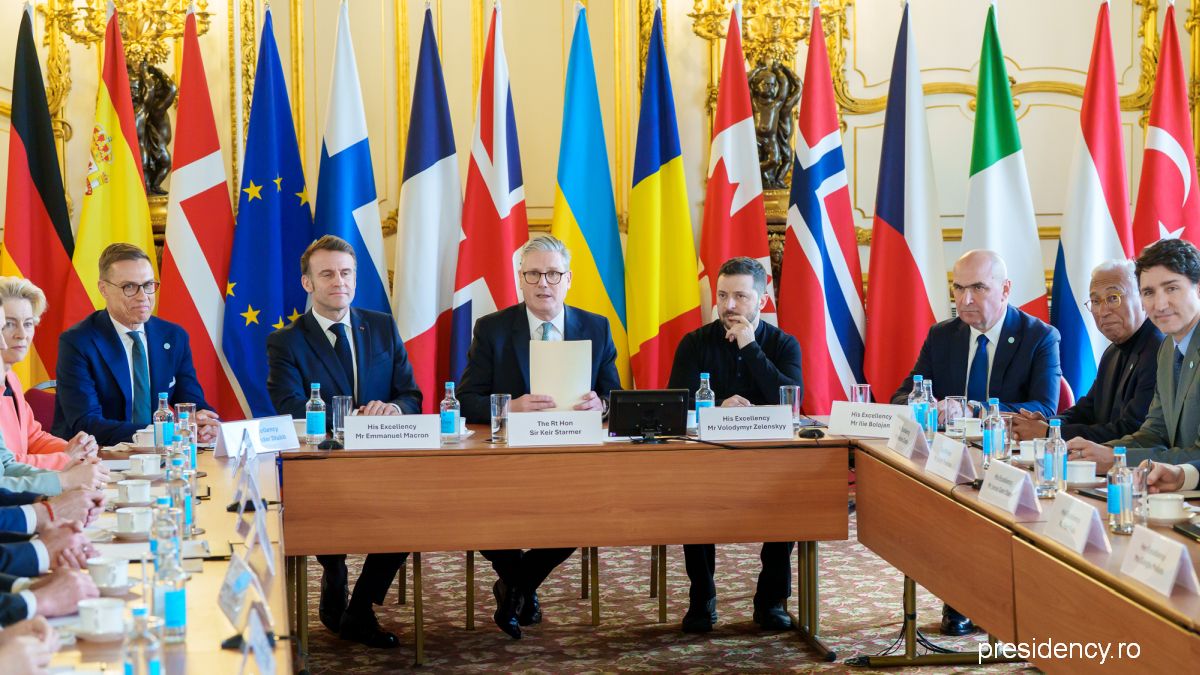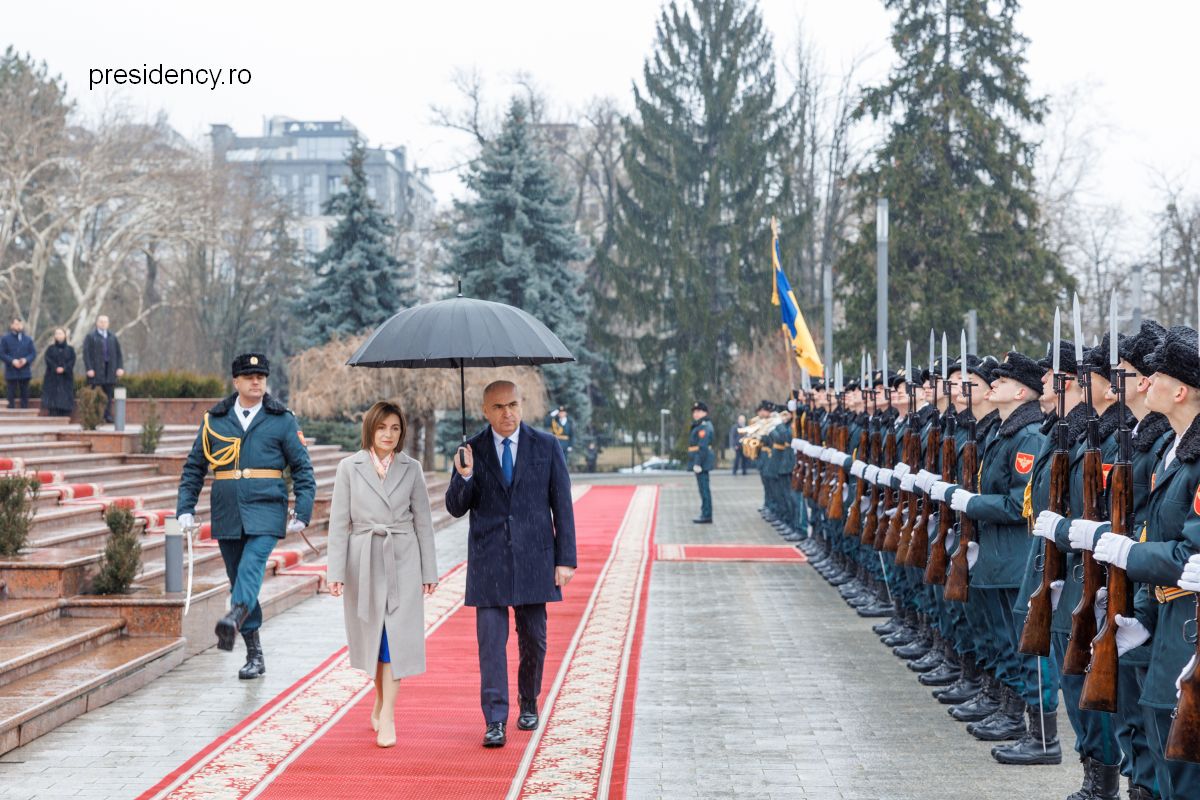Political Negotiations in Bucharest
The election laws in Romania seem to be a priority with Romanian politicians this year.
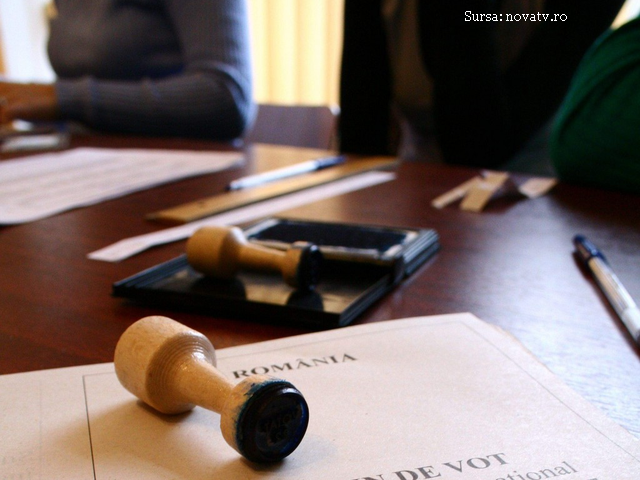
Florentin Căpitănescu, 29.01.2015, 13:27
Almost three months after the organizational disaster that defined November’s presidential elections, which affected mostly Romanian voters in the Diaspora, the unfortunate episode has not been erased from the public agenda.
The election winner, Klaus Iohannis, is now proposing a less complicated election system, likely to ease the voting process especially for the Romanians outside the country borders. Changing the general voting system is a topic that Klaus Iohannis has discussed with parliamentary parties. The President proposed, among other things, a calendar for the endorsement of the new election law, having as deadline the end of this year’s first parliamentary session.
Klaus Iohannis: “We have agreed that by the end of the first parliamentary session we should have a law on the voting system in the Diaspora, new laws on the local and parliamentary elections and also on the financing of parties and election campaigns.”
The election law needs to be improved, so that Romanians abroad can cast their votes in the best conditions, party representatives have said. There have been several proposals in this respect. The main party in the left-of-center coalition in power, the Social Democratic Party, through the voice of his leader, PM Victor Ponta, has proposed that the Standing Election Authority should also organize the elections abroad. The Conservative Party, another member of the ruling coalition, as well as the representatives of national minorities, supports this idea.
On the other hand, according to Vasile Blaga, co-leader of the center-right National Liberal Party, the main opposition party wants a vote-by-mail system to be introduced.
Vasile Blaga: “We are consistent with our ideas and we believe that Romanian citizens must be allowed to cast their vote no matter where they are on the day of voting. That is why we support the vote-by-mail system”.
The Dan Diaconescu Party of the People, in opposition, shares the Liberals’ view and has, in turn, two exotic initiatives of their own — a compulsory voting system and setting the voting age at 16. According to political analysts, not being an election year makes 2015 the best time for a serious debate on election laws that should generate voter-friendly solutions at home and abroad. It’s been too long since election laws have been serving party interests instead of voters and now it is time to change that.

